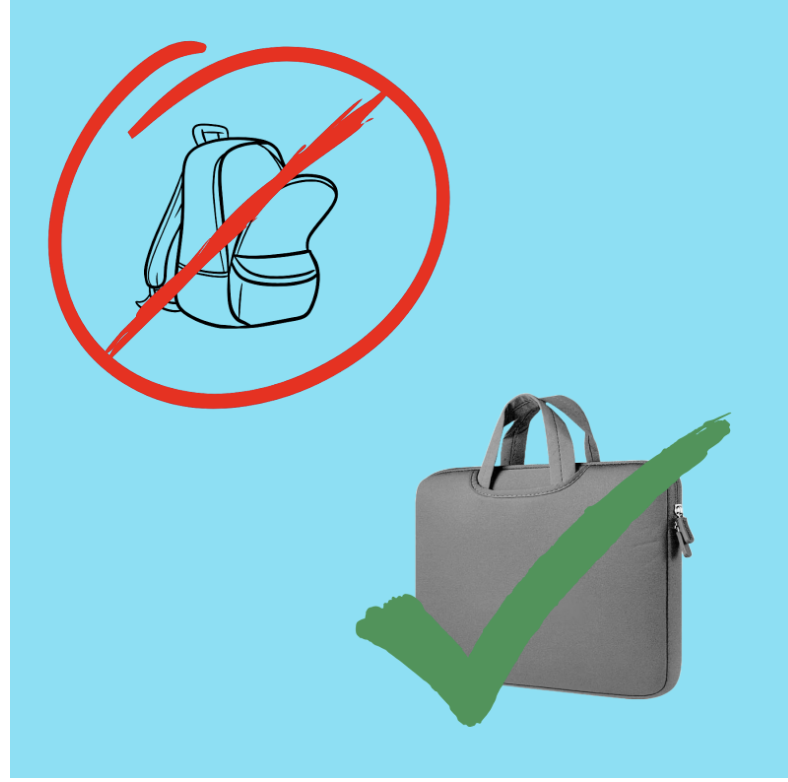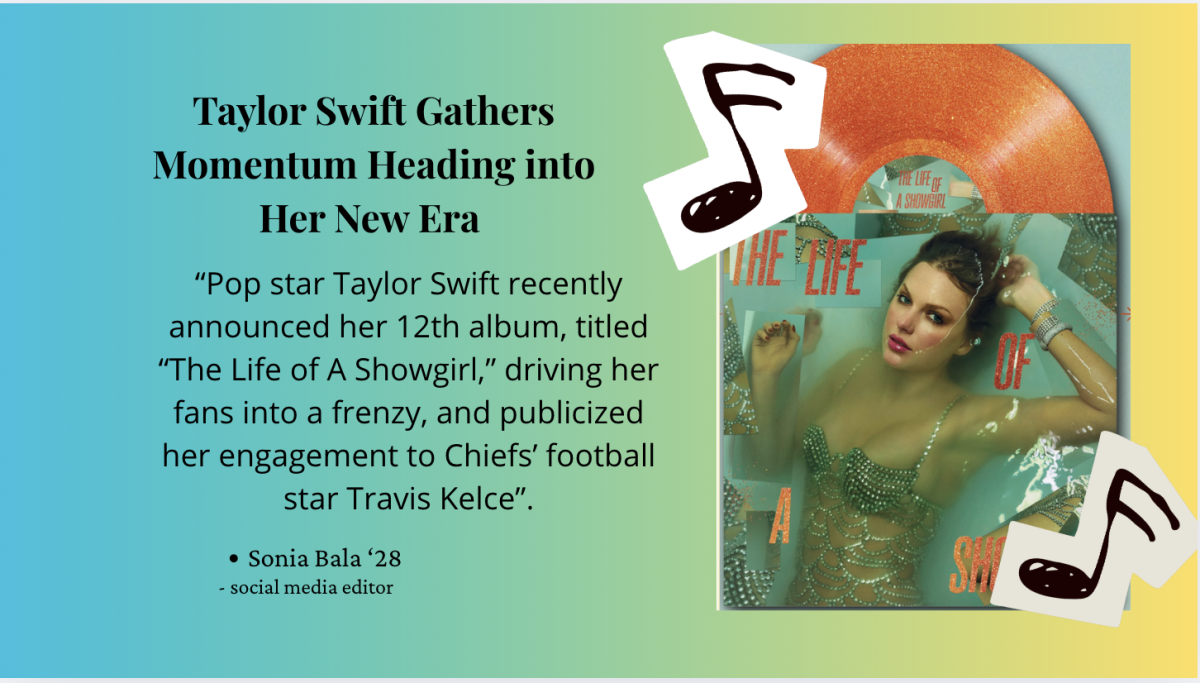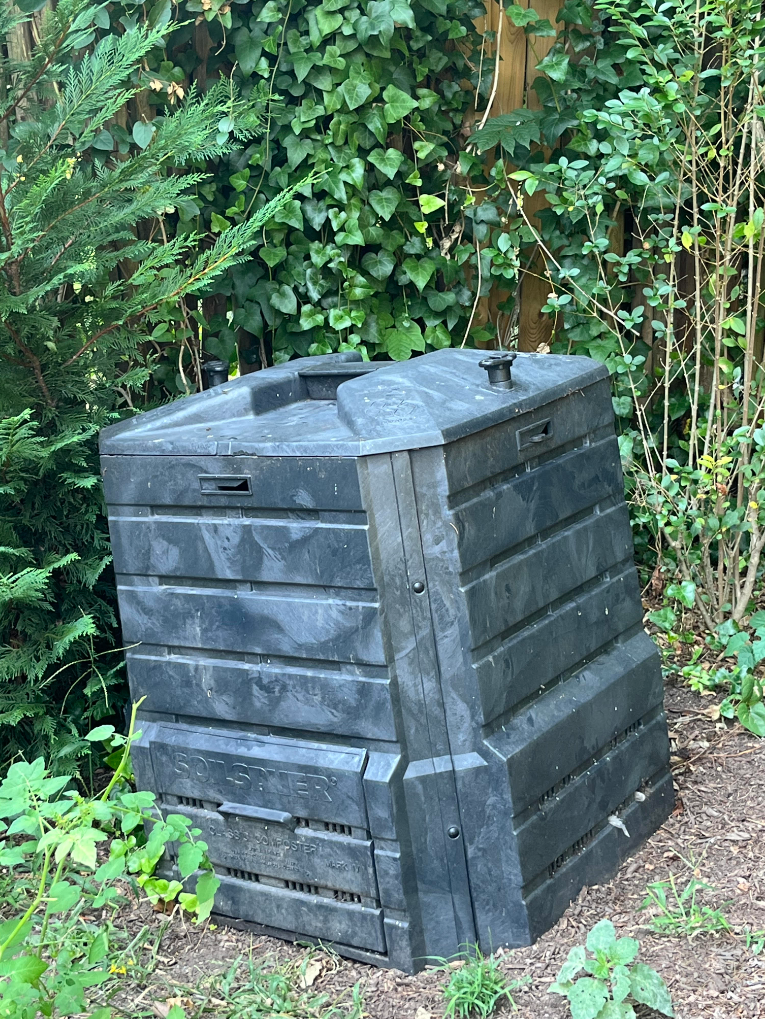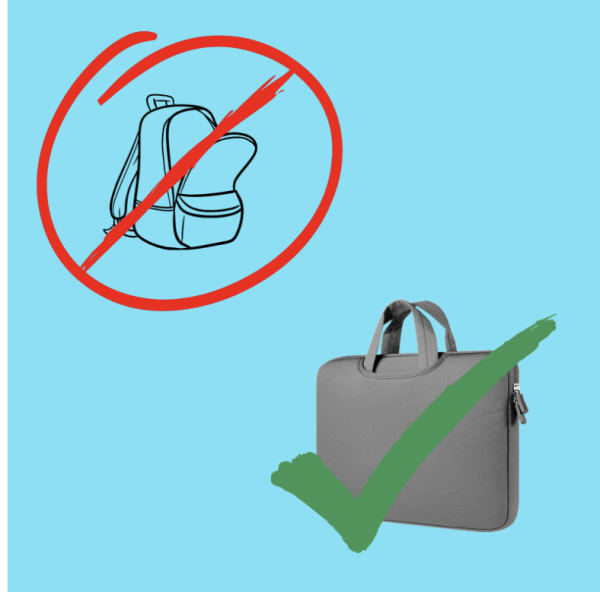Promising Vaccine News as Cases Soar
Our fight with COVID-19 may hopefully be approaching an end due to the recent news of successful vaccines. In early November, Pfizer and BioNTech announced that their vaccine candidate was found to be more than 90% effective in preventing COVID-19 in participants without evidence of prior coronavirus infection. There were only 94 confirmed cases of COVID-19 among the 43,538 trial participants and no serious safety concerns have been observed.
“The first set of results from our Phase 3 COVID-19 vaccine trial provides the initial evidence of our vaccine’s ability to prevent COVID-19,” said Dr. Albert Bourla, Pfizer Chairman and CEO. “We are reaching this critical milestone in our vaccine development program at a time when the world needs it most with infection rates setting new records, hospitals nearing over-capacity, and economies struggling to reopen. With today’s news, we are a significant step closer to providing people around the world with a much-needed breakthrough to help bring an end to this global health crisis. We look forward to sharing additional efficacy and safety data generated from thousands of participants in the coming weeks.”
If approved, Pfizer and BioNTech expect to manufacture over 1.3 billion doses of their Coronavirus vaccine by the end of 2021. Counties and regions around the world have been making deals to secure doses of the Pfizer vaccine. In July, the Trump administration awarded a $1.9 billion contract for 100 million doses by December. Two days after the successful vaccine announcement, the European Union made a deal with Pfizer and BioNTech for up to 300 million doses. Additionally, Japan secured a contract for 60 million doses by the end of June 2021.
One week after the Pfizer announcement, Moderna announced that their coronavirus vaccine is 94.5% effective, becoming the second successful vaccine. The study enrolled more than 30,000 participants in the U.S. Out of the 95 participants who got COVID-19, 90 had been given the placebo, and only five had been given the vaccine. The Moderna vaccine also appears to protect people from severe disease. Eleven participants developed severe cases of COVID-19, and all eleven cases occurred in the placebo group.
U.S. stocks rose after Moderna announced the results. The S&P 500 (SPX) increased by 0.8%, and the Dow increased by 1%. The Nasdaq rose 0.4%, and Moderna shares rose 7%. “The vaccine news also allows businesses to plan for the future with greater certainty in terms of hiring and investment,” said Steven Friedman, senior economist at investor adviser MacKay Shields.
Despite all of this good news, many problems remain. Most significantly, the transportation of the vaccine will be challenging. Both the Moderna and the Pfizer/BioNTech’s preparation is based on mRNA. The mRNA will fall apart unless kept at an extremely low temperature, so the vaccines will have to be kept at extremely low temperatures until they are ready to be injected. Because the vaccine will have to be transported from continent to continent, this endeavor will be extremely challenging.
“We’re only now beginning to understand the complexities of the delivery side of all of this,” said J. Stephen Morrison, senior vice president at the Center for Strategic and International Studies. “And there’s no getting around it. These have stark temperature demands that will constrain access and delivery.” To make matters worse, there is a shortage of dry ice due to declining ethanol production as a result of people driving less during the pandemic. CDC officials said strict temperature requirements “will make it very difficult for community clinics and local pharmacies to store and administer.”
However, the Moderna vaccine does have an advantage in this area. Due to extensive development, the vaccine only has to be stored at -20 degrees Celsius (the temperature of most hospital and pharmacy freezers), compared to -70 degrees Celsius for the Pfizer/BioNTech vaccine. This key difference makes the Moderna vaccine easier to store and transport, and it will likely be the primary vaccine in rural areas.
The positive vaccine news comes as COVID-19 cases surge in the United States. On November 15th, more than 623 new deaths and 135,187 new cases were reported. From November 8th to November 15th, there was an average of 150,265 cases per day, an increase of 81 percent from the average two weeks earlier.
As of November 16th, more than at least 246,000 Americans have died from COVID-19, and more than 11,112,900 have been infected with the virus. Cases are expected to rise as we head into the winter months, making the need for a vaccine more pressing.

Simi is a senior at Archmere Academy. She is active in yearbook and Science Olympiad. She enjoys track, eating, and watching tv and movies.





















